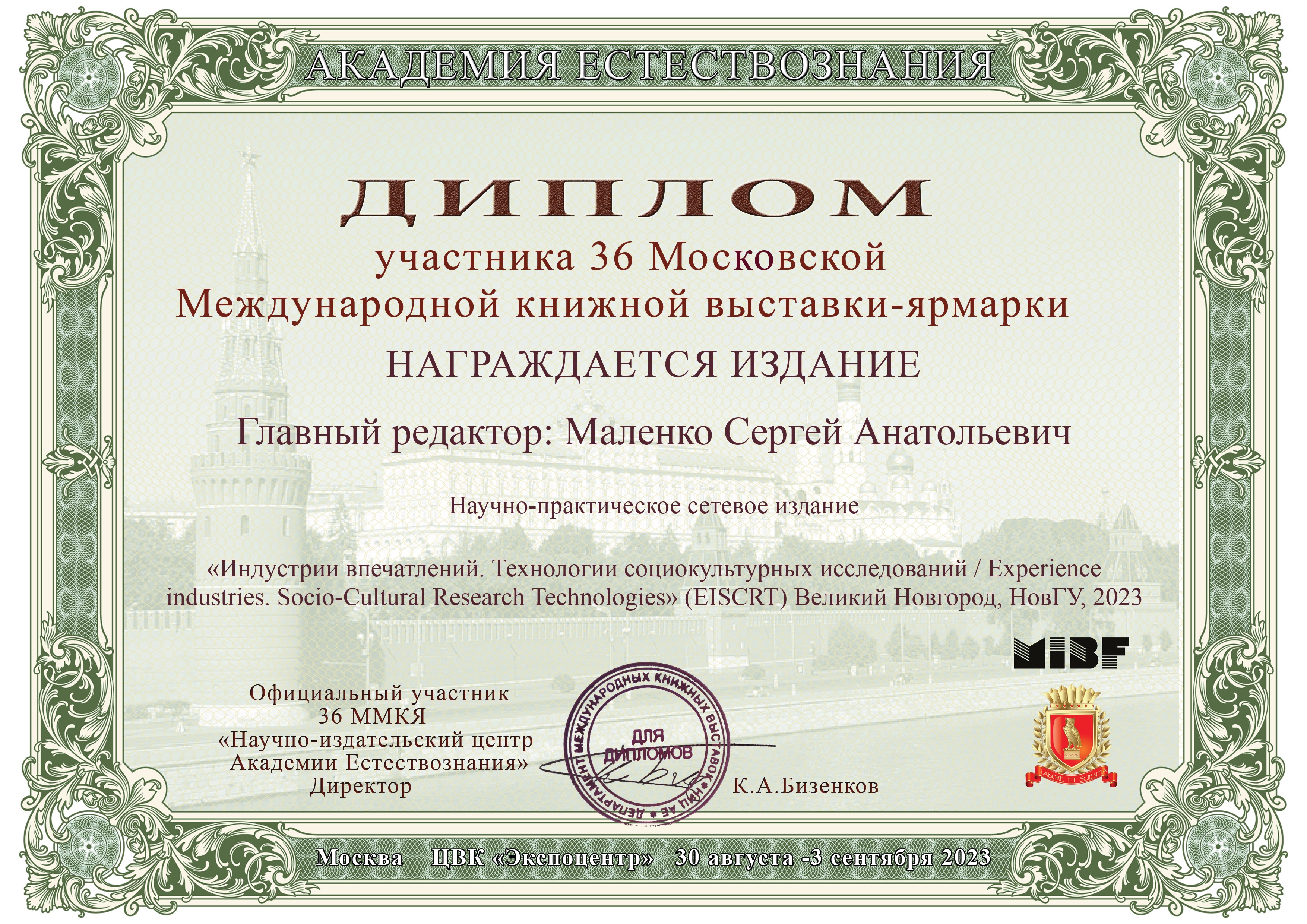IS A GENIUS WHO TURNS OUT TO BE A TRANSGRESSIVE PERSON SHOCKING?
DOI:
https://doi.org/10.34680/EISCRT-2024-3(8)-117-152Keywords:
genius, creativity, transgressive personality, transgression, creative mind, imagination, imaginary world, aesthetic taste, outrageousAbstract
The object of the study was a genius from the world of art. The research methods were phenomenological and existential onesl. Based on them, the author tries to understand the mechanisms that became the source of the emergence of the masterpiece as new, spiritually significant for humanity. Creativity, being the true existential of the artist’s existence, contributes to his transitions into imaginary worlds. This fact allows us to call a genius a transgressive personality. As a free and volitional act, transgression takes place within the person, involving them in imaginary worlds. The creative mind of a genius, through contemplation and imagination, perceiving various impulses and creatively transforming them, expands spaces, making it possible to touch the essence of existence and convey what is known in a work of art. Transgressive transition for the creator turns out to be a natural practice, allowing one to go beyond the boundaries of what is permitted. But from the outside, the genius, his ideas, emotions, actions and works look provocative, which allows them to be characterized as shocking. Breaking social norms and shocking people around, the genius and theur outrageousness outline new paths for the development of art.
For citation:
Iakovleva, E. L. (2024). Is a genius who turns out to be a transgressive person shocking? Experience industries. Socio-Cultural Research Technologies (EISCRT), 3 (8), 117-152. (In Russian). https://doi.org/10.34680/EISCRT-2024-3(8)-117-152








